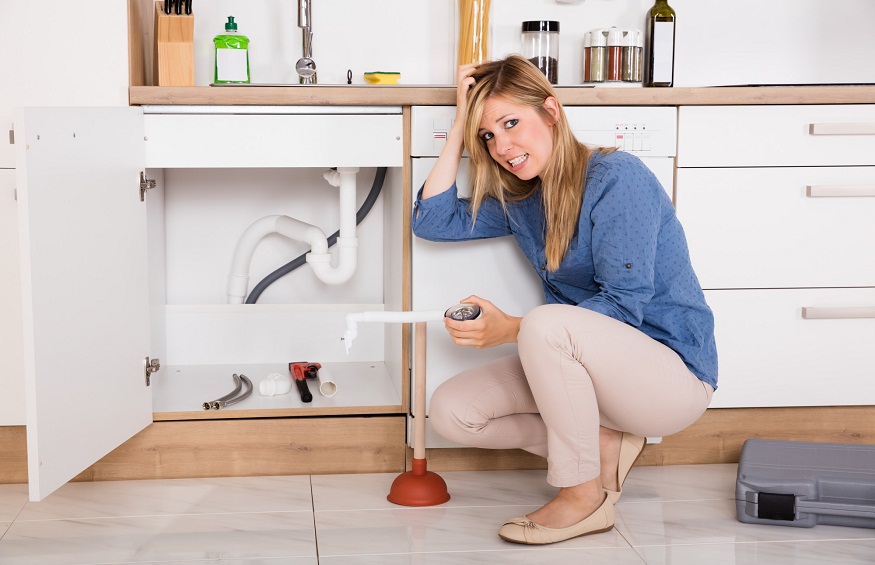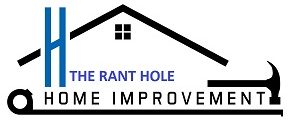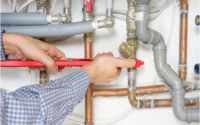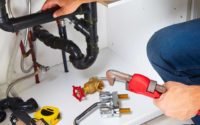DIY Plumbing: 6 Tips and Tricks You Should Know
Plumbing issues never seem to occur at a “right” or “good” time. While this is true, there are a few DIY plumbing fixes that every homeowner should know.
By knowing how to handle small issues, you can ensure they don’t turn into bigger problems. Keep reading to learn some of the top DIY plumbing tips to know.

1. Know Where the Main Water Shut-Off Valves Are Located
If you have a plumbing problem, knowing where the main water shut-off valve is can be extremely helpful.
With this knowledge, you can shut off the water to your home until plumbing contractors can arrive to make the needed repair.
2. Avoid Over-Tightening Fittings
A common DIY plumbing mistake is tightening the connections and fittings too much. This can cause broken bolts and stripped screws.
A good saying to remember when it comes to plumbing repairs is – “hand-tight is just right.”
3. Make Use of Your Shop Vac
If you are trying to dislodge a clog caused by a hard, small object (i.e., comb, toothbrush, toy, etc.), you can use a wet-dry vacuum shop-vac. Sucking the object out is an efficient way to handle the problem.
Using a plunger is going to push the item further into the drain. This will make it more difficult to remove.
4. Avoid Putting Any Garbage Down Your Drain
You should never dump vegetable peelings, starchy foods, bacon grease, food debris, or coffee grounds down your kitchen drain. Doing so is going to clog your pipes – almost guaranteed.
It is also a good idea to read the manual from the manufacturer to know what can and cannot be put into the garbage disposal.
5. Know What Is Flushable
You should never use your toilet as a trash can. Flushing anything besides toilet paper can cause serious clogs.
Even the flushable baby wipes can wind up backing up your entire septic system. Knowing what you can and cannot flush will help you avoid this problem.
6. Avoid Puncturing the Pipes
Are you planning to put holes in your ceiling, floors, or walls with a hammer or drill? If so, you should first determine if there are any drainage or supply pipes behind the area where you are working.
You want to avoid puncturing or damaging these pipes in any way.
You can use a cheap stud finder to locate some pipes or invest in an endoscopic camera. This can be snaked through your walls. Whatever you do, make sure to avoid the mistake of damaging a pipe – this can lead to a lot of damage and costly repairs.
Take Control with DIY Plumbing Tips
When it comes to DIY plumbing tips, knowing what not to do is just as important as knowing what you should do. Keep the tips and information here in mind to ensure your plumbing system continues to operate properly.
If you found the information here helpful, be sure to check out some of our other blogs. We cover several topics, including remodeling, repairs, home improvement, and more.



